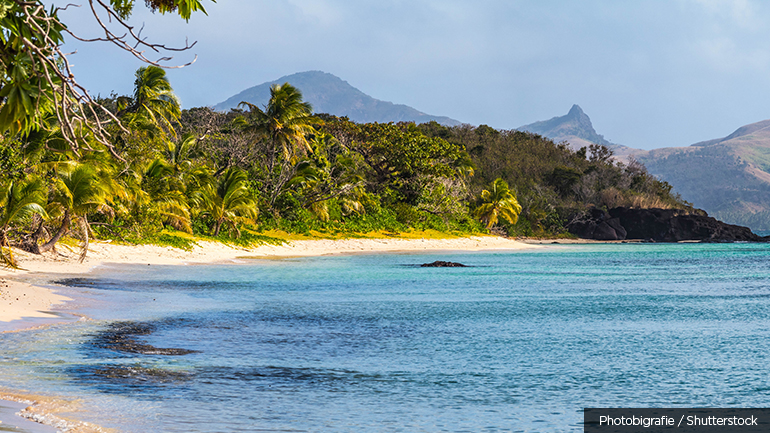
Program Summary
This activity improves sustainable forest management and land use changes in Vanuatu, Tonga, Tuvalu, Federated States of Micronesia, Republic of Marshall Islands, Samoa, Palau, Kiribati, and Nauru. The proposed activity will facilitate dialogue between government and stakeholders in the land management sectors, and deliver strategic recommendations to support agricultural, forestry and conservation reforms, including sustainable, nature–based economic development.
Challenge
The World Bank Group is promoting nature-based solutions by fostering the design of large-scale green infrastructure and infrastructure networks, such as water and sanitation, urban planning and transport, nature-based tourism. The Regional Partnership Framework (RPF9) outlines the World Bank Group’s strategic program for nine Pacific Island countries and is informed by technical analysis from across the Pacific. In Fiji, technical analysis work is assessing opportunities to improve ecosystem resilience and sustainable tourism. There is a need to for technical analysis of nature-based solutions in other Pacific region countries to further inform the RPF9.
Approach
This technical analysis will promote the inclusion of conservation, agricultural and forestry sectors in the new RPF9. The proposed activity will facilitate dialogue between government and stakeholders in the land management sectors, and deliver strategic recommendations to support agricultural, forestry and conservation reforms, including sustainable, nature-based economic development.
[Expected] Results
Further knowledge on key issues relating to terrestrial ecosystems and land use management in the Pacific Island countries covered by the RPF9 and potential applications of climate-sensitive investments and nature-based solutions. Specifically:
- Improved data on forest resources and logging practices.
- Technical analysis relating to terrestrial ecosystems, forest resource management, sustainable land use, climate smart agriculture, climate sensitive investments and nature-based solutions.
- Review of policy and development strategy, and identification of key constraints to achieving national goals.
- Identification of investment opportunity in sustainable land use and nature-based tourism.